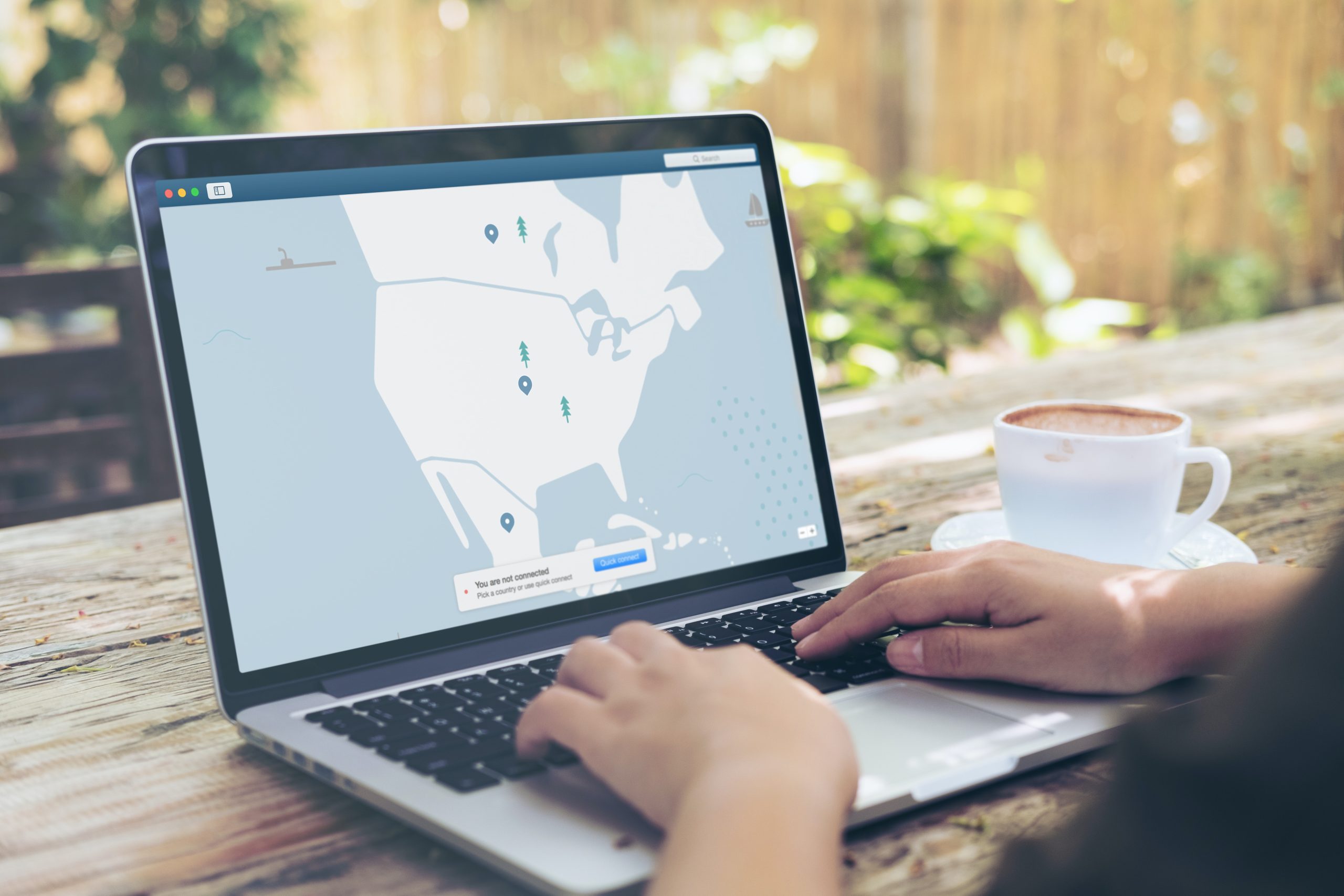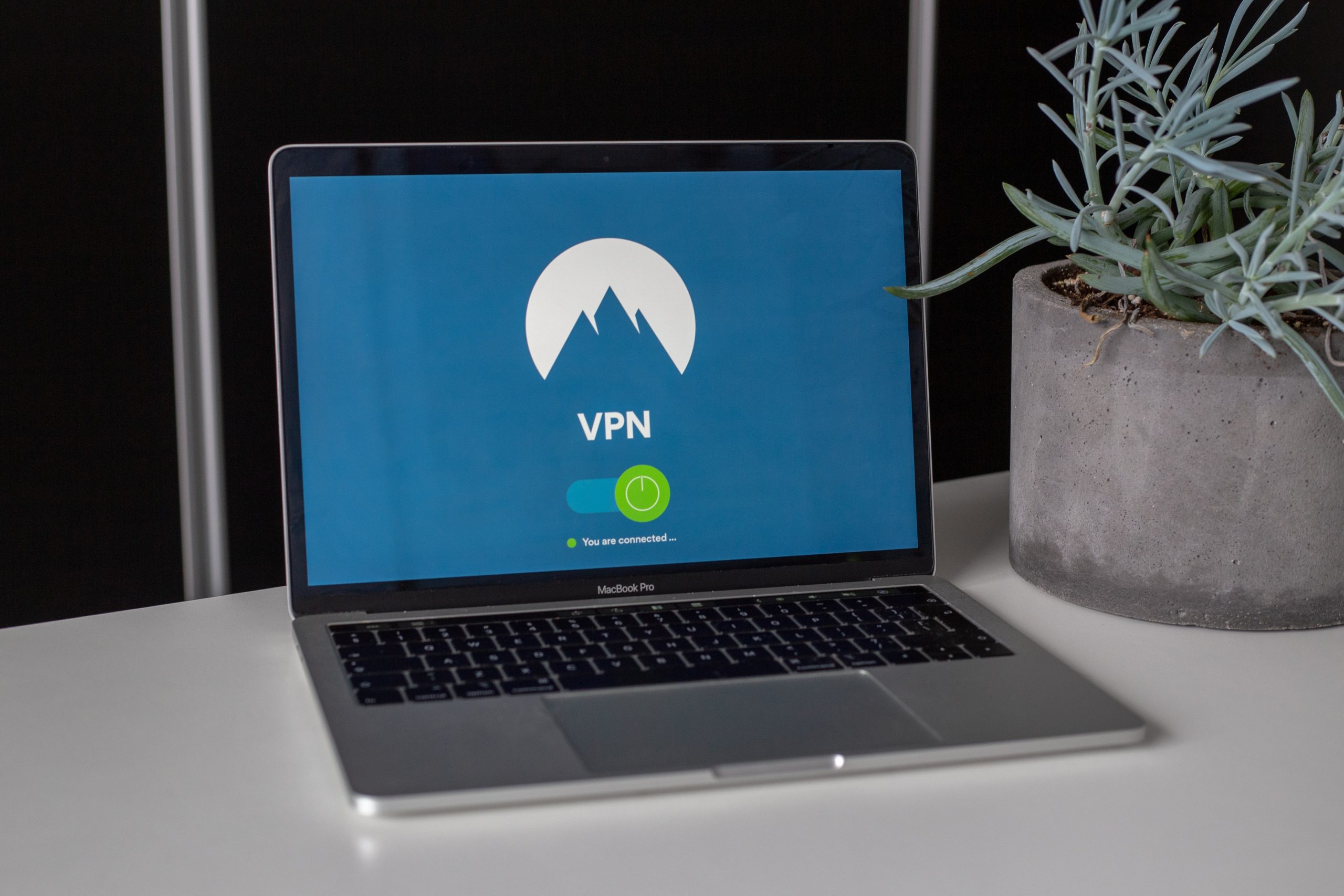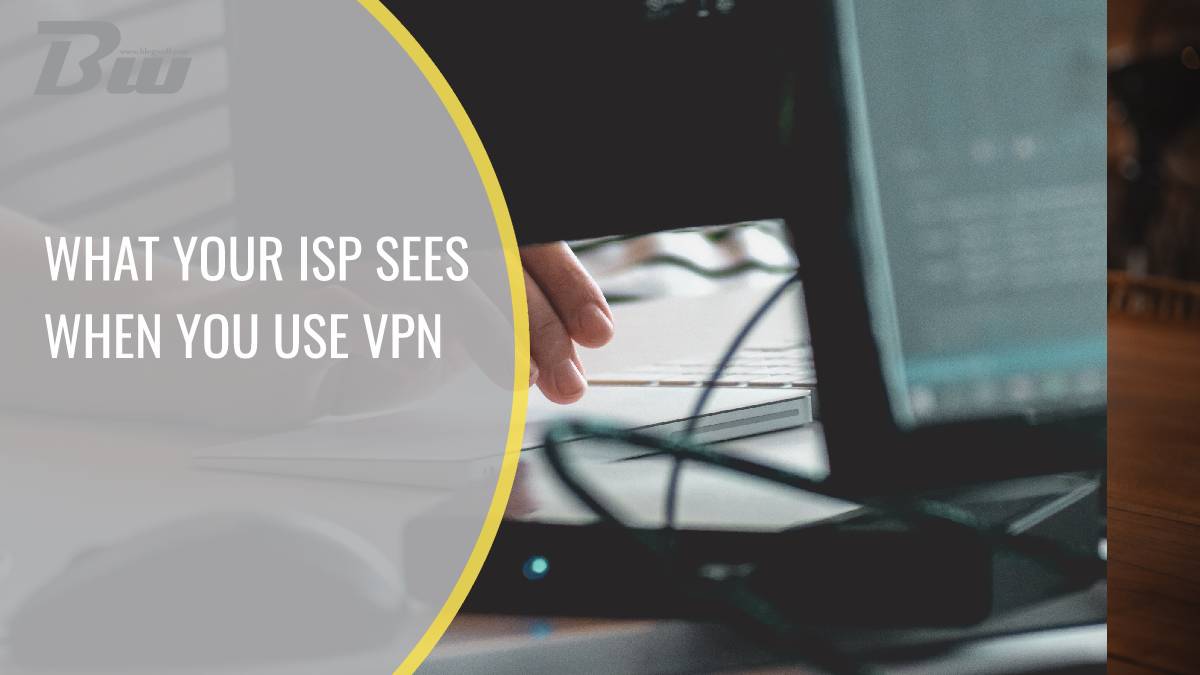Table of Contents
When you use a Virtual Private Network (VPN), you might think that your Internet Service Provider (ISP) can’t see anything you do online. While it’s true that a VPN can hide your online activity from some entities, it doesn’t mean that your ISP is completely oblivious to your actions. So, let’s talk about what does your ISP see when you use a VPN? Here’s a comprehensive breakdown of what your ISP can and can’t see when you’re using a VPN:

What Your ISP Can See When You Use VPN
- The Fact That You’re Using a VPN: Your ISP can see that you’re using a VPN because your device still needs to connect to your ISP to establish an internet connection. However, they won’t be able to see what websites you’re visiting or what data you’re sending or receiving.
- The Amount of Data You’re Sending or Receiving: Your ISP can still monitor your internet traffic and determine how much data you’re sending and receiving. This is important because some ISPs have data caps, which means that you’ll be charged extra if you exceed your monthly data allowance.
- The VPN Server You’re Connected to Your ISP can see the VPN server that you’re connected to. However, they won’t be able to see what websites you’re accessing or what data you’re transmitting.
- Your IP Address: Your ISP can still see your device’s IP address when you’re using a VPN. However, they won’t be able to see the IP address of the websites you’re visiting or the data you’re transmitting.
- Any Metadata: Metadata includes information like the time you connect to the VPN, the duration of your connection, and the amount of data transmitted during your connection. This information is usually recorded by the VPN service provider and can be subpoenaed by law enforcement agencies.
What Your ISP Can’t See When You Use VPN
- Your Internet Traffic: Your ISP can’t see the websites you’re visiting or the data you’re transmitting when you’re connected to a VPN. All of your internet traffic is encrypted and transmitted through the VPN tunnel.
- Your Online Activity: Your ISP can’t see what you’re doing online when you’re connected to a VPN. This includes the websites you visit, the videos you watch, the files you download, and any other online activity.
- Your Location: Your ISP can’t determine your location when you’re connected to a VPN. This is because your device’s IP address is hidden behind the VPN server’s IP address.
- Your Personal Information: Your ISP can’t see your personal information, such as your name, address, or credit card details, when you’re connected to a VPN. This information is encrypted and transmitted through the VPN tunnel.
How Does a VPN Work?
A VPN works by creating an encrypted tunnel between your device and the VPN server that you are using. All of your internet traffic is sent through this tunnel, which makes it impossible for anyone to see what you’re doing online. When you connect to a VPN server, your device’s IP address is replaced with the VPN server’s IP address. This makes it look like your internet traffic is originating from the VPN server’s location instead of your actual location.
A VPN also encrypts your internet traffic, which means that your online activity is hidden from prying eyes. Encryption scrambles your data, making it unreadable to anyone who doesn’t have the decryption key. This ensures that your online activity is kept private and secure so you can scroll through the internet without trouble.

Choosing a VPN Provider
If you’re considering using a VPN, it’s important to choose a reputable VPN provider that takes your privacy seriously. Look for a provider that:
- Does not log your online activity
- Offers strong encryption protocols
- Has a large network of servers
- Provides good customer support
- Offers a no-logs policy
You should also be aware that not all VPNs are free. While there are some free VPN services available, these services often come with limitations such as data caps, slow speeds, and limited server locations. Paid VPN services typically offer better performance and more advanced features, such as the ability to choose your server location.
In conclusion, when you use a VPN, your ISP can still see that you’re using a VPN and how much data you’re transmitting. However, your ISP cannot see your online activity, your location, or your personal information. By using a VPN, you can protect your online privacy and security, and access content that might be blocked in your region. Just make sure to choose a reputable VPN provider that takes your privacy seriously.

